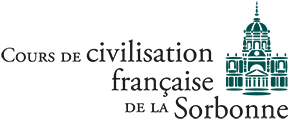Dictation, a Practice Rooted in French Educational Culture
Dictation, an emblematic exercise in french pedagogy, has held a central place in classrooms for decades. In France, it is often considered an essential educational tradition. From primary to high school, students are regularly subjected to this exercise designed to assess their spelling and grammatical skills. This methodological ritual, far from being insignificant, sparks passionate debates regarding its effectiveness and relevance in the current educational landscape. Nevertheless, dictation remains a symbol of pedagogical excellence, as evidenced by the renown of Bernard Pivot’s famous dictations.
Dictation, an Instrument for Valorizing the French Language
Dictation is often perceived as a mean to preserve the richness of the French language, transmit its rules, and ensure the continuity of its proper use. Indeed, it not only assesses students’ linguistic knowledge but also sensitizes them to the subtleties of the language. Dictation, by highlighting orthographic and grammatical nuances, becomes an exercise in precision and rigor. It provides students with the opportunity to expand their vocabulary – and hence their communication skills – while stimulating their visual and auditory memory. For these various reasons, dictation contributes to preserving the quality of the French language and valorizing its correct usage, offering students an excellent learning method.
controversies surrounding dictation and its adaptation to the modern world
Despite its traditional role, dictation is not exempt from criticism: some argue that it might be too normative, emphasizing memorization of rules rather than a deep understanding of the language. Moreover, in the digital era where automatic correction tools are ubiquitous, some question the relevance of this exercise. Can traditional dictation adapt to current educational needs while preserving its essence and role? Some educators suggest more interactive approaches, focusing on comprehension, written expression, and linguistic creativity, while integrating new technologies. However, it is worth noting that precisely because of the omnipresence of screens and digital technologies, maintaining dictation in schools is relevant: this discipline allows for a balanced pedagogy that combines modernity with classical education, contributing to a well-rounded educational approach.











